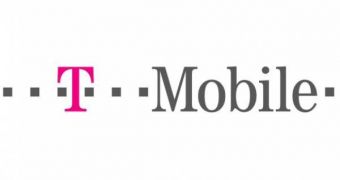Wireless carrier T-Mobile has received the highest ranking in J.D. Power and Associates' report regarding the consumer satisfaction among major carriers in the United States. The new “2010 Wireless Retail Sales Satisfaction Study – Volume 1” report shows that T-Mobile was placed on the first position with a score of 723, with a good performance when quality of sales staff and price and promotions are involved, and out pacing Verizon Wireless, which scored 722.
The carrier has managed to top the consumer satisfaction rankings based on score in certain categories, including, in order of importance, sales staff (49%); price and promotion (27%); store facility (14%); and display (10%). However, the study hasn't been focused on how satisfied customers are when it comes to the service quality on their carrier's network, nor on the experience they receive from the mobile phones they purchased.
Other findings of the study also include: - Seventy-one percent of customers report that a sales representative explained data plan offerings during their most recent visit. In addition, more than one-third of customers report having discussed 3G coverage with a representative. - Displaying basic courtesies, such as acting in a straightforward and honest manner, remain critical for sales representatives. Satisfaction is 204 index points higher when representatives are perceived as straightforward and honest than when they are not. - Nearly one-half (46%) of wireless customers visit their retailer to upgrade or replace a phone from their current carrier. However, satisfaction is highest when retail store visits are to add or subtract a family member (732) or to renew or change a service plan (727).
The J.D. Power and Associates report also shows that smartphone owners are usually more satisfied with their retail experience that owners of traditional wireless handset owners (727 vs. 716, on average). However, it seems that smartphone users are 27 percent more likely to return to the store to ask questions about various issues with their devices, and 18 percent of them are more likely to ask about having their phone repaired. Not to mention that smartphone users tend to spend more than one hour in the store inquiring about different problems with the device, four minutes longer than owners of traditional phones.
“The increase in smartphone sales will have a long-term impact on how carriers handle their customers' needs,” said Kirk Parsons, senior director of wireless services at J.D. Power and Associates. “These phones do require retailers to adapt by constantly training sales staff to keep pace with new features and offerings, but carrying out simple tasks, such as explaining the phone's operation, provides salespeople with a great opportunity to optimize the customer's wireless experience and fosters greater loyalty to both the carrier and store.”

 14 DAY TRIAL //
14 DAY TRIAL //